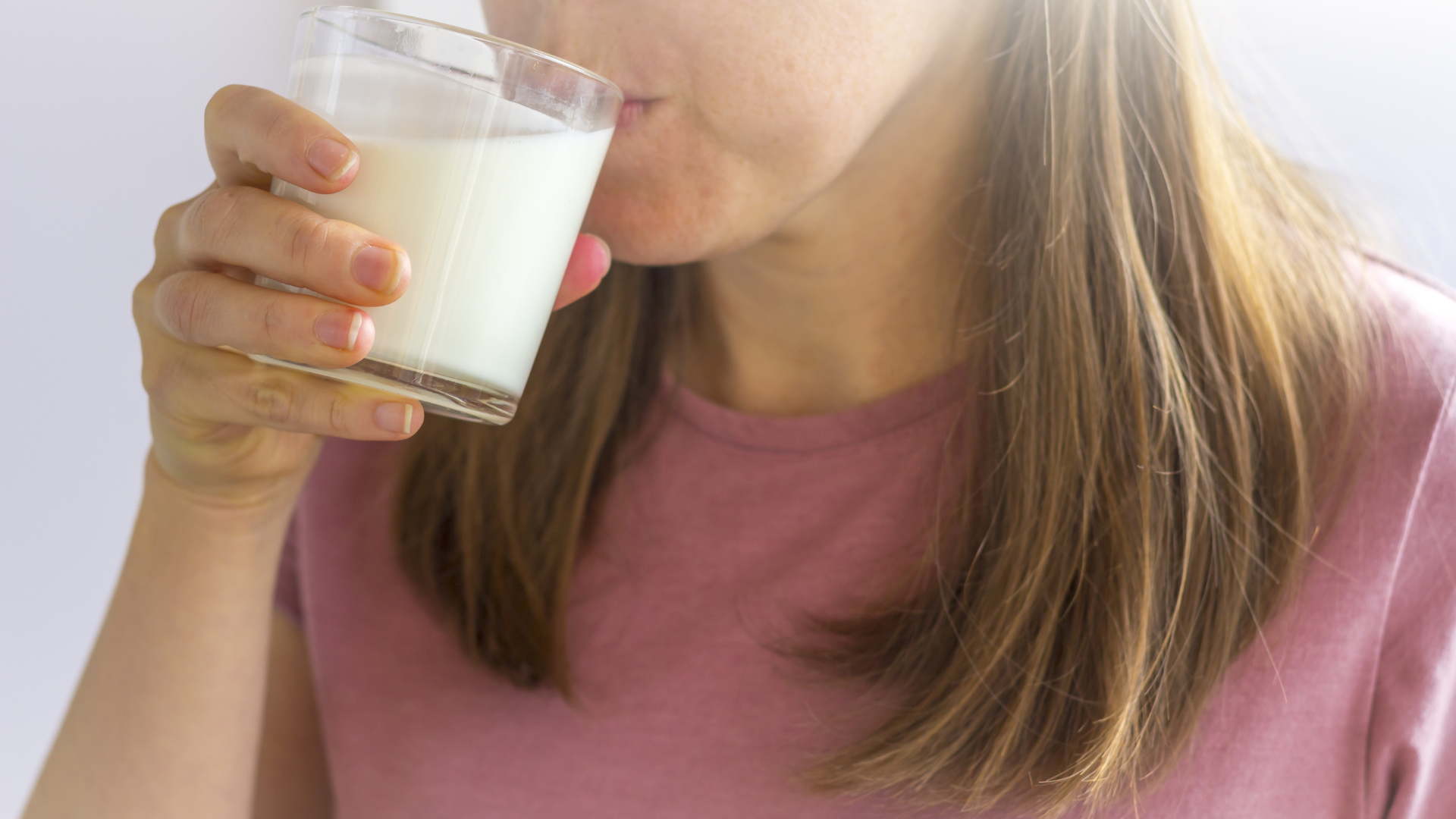
Trillions of microorganisms inhabit your gastrointestinal tract, including health-promoting microbes and harmful strains of bacteria, yeast, and parasites. Your gut microbiome is the unique composition of microorganisms in your GI tract, including beneficial microbes and harmful ones. Without enough beneficial microbes or probiotics, your gut can become overrun by harmful microorganisms. Luckily, there are ways you can promote the growth of good bacteria and support a healthy microbial balance.
1. Take Probiotic Supplements
Antibiotics kill both good and bad bacteria indiscriminately, which can disrupt the ability of good bacteria to counter the bad. On the other hand, probiotics have been shown in studies to prevent antibiotic-associated diarrhea in patients of all ages. Probiotic supplements contain live probiotic strains in concentrations typically ranging from 5 to 50 billion colony-forming units (CFUs) per dose. Look for a probiotic supplement containing more than one microbial strain.
2. Add Fermented Foods to Your Diet
Fermented foods like kimchi, sauerkraut, and tempeh are natural sources of probiotics. They also contain prebiotics, fibers that beneficial gut bacteria feed on. Eating fermented foods helps improve the long-term colonization of good microbes, and they’re a healthy source of micronutrients. Try adding fermented drinks to your diet, too, such as kefir or kombucha.
3. Balance Stress Using Relaxation Techniques
The gut is sometimes called a “second brain;” over 100 nerve cells in the gut lining communicate with the rest of the nervous system by releasing hormones. Mental or emotional stress can trigger your gut to release stress hormones, putting you in “fight or flight” mode. When your nervous system remains in this imbalanced state, it upsets the gut’s microbiome balance and favors harmful pathogens’ growth.
Luckily, you can counter stress with relaxation techniques. Try progressive muscle relaxation, deep breathing exercises, or yoga. Journal writing, listening to music, and making time for hobbies you enjoy are also good stress management techniques.
4. Exercise Regularly
Beyond your diet and stress levels, the amount of physical activity you get also affects your gut’s composition. Beneficial gut microbes play a role in the synthesis of lactic acid, which the body creates as a byproduct of muscle training. High-performing athletes are shown to have more diverse gut microbiota compositions, as well as a better balance of good over bad microorganisms. Non-athletes who exercise moderately but on a regular basis can also benefit from better gut microbiome health.
Improving Gut Flora Balance
By eating more fermented foods, supplementing with probiotics, and countering stress, you can improve the makeup of your gut microbiome. By balancing your gut with good microbes, you can lower your risk for certain diseases, reverse digestive ailments and improve nutrient assimilation from food.
To learn how Dr. Stanley Jones can help with balancing your gut microbiome, click here!
